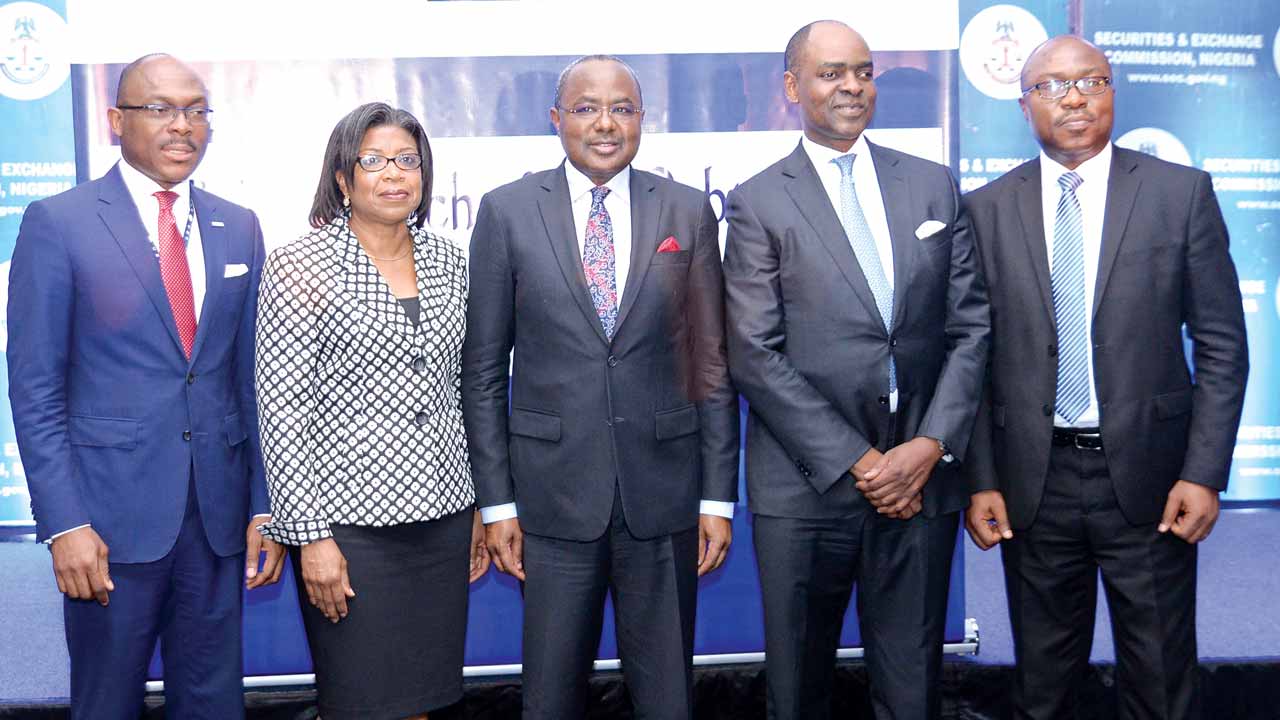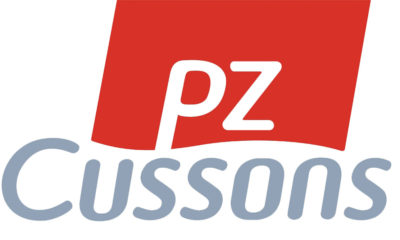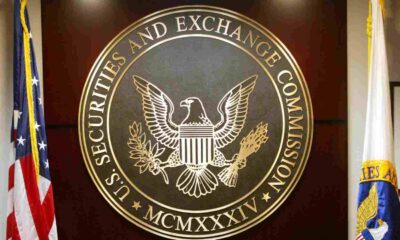- SEC Bans Pre-AGMs, Distribution of Gifts
The Securities and Exchange Commission has banned the meeting of public companies with select group(s) of shareholders prior to an Annual General Meeting/Extraordinary General Meeting, as well as the distribution of gifts at AGMs.
SEC said in a statement on Sunday that the move was in a bid to ensure that investors got more value for their investments and that they saw a positive impact on their earnings per share.
In a draft Exposure of Sundry Amendments to the Rules and Regulations, SEC said it was seeking to create a sub-rule to regulate the conduct of AGMs.
It said the sundry amendments were the proposed amendment to Rule 42 (2)- Half-Yearly Returns, proposed amendment to Rule 67(2)- Individual Sub-broker and proposed amendment to Part N Rule 602 – Miscellaneous Rules.
The statement read in part, “Proposed amendment to Part N Rule 602 – Miscellaneous Rules seeks to create a Sub-rule 4 and 5 pertaining to the organisation and conduct of Annual General Meetings.
“The new sub-rule specifically seeks to reduce the cost of organising shareholders’ meetings by making illegal the distribution of gifts to shareholders, observers and any other persons at annual and extraordinary general meetings.
“Should the rule be agreed on, public companies shall not convene any meeting with select group(s) of shareholders prior to an annual general meeting/extraordinary general meeting.”
Justifying the proposed rules, SEC observed that some companies arranged meetings with select groups of shareholders ahead of general meetings to discuss proposed resolutions and agree on strategies, which it said were often detrimental to the interest of other shareholders.”
“Companies that violate these provisions shall be liable to a penalty of not less than N10m,” SEC said.
In the draft, SEC lamented the huge amount spent by such public companies on corporate gifts at AGMs/EGMs, which it said was greatly impacting on their profitability.
It argued that at a time when few companies were making reasonable profits and even fewer could afford to pay dividends, the latest move would positively impact on earnings per share of many if the amount budgeted for gifts at AGMs/EGMs could be reserved for other relevant operational or administrative expenses.
SEC added that the proposed amendment to Rule 42 would lead to the creation of sub-rule 190 (3), which states that “public companies shall disclose some minimum corporate governance information on their websites including governance structure, composition and structure of the board, shareholding and dividend analysis among others.”
Justifying the amendment, SEC said as part of the corporate governance scorecard implementation strategy, companies were expected to disclose a minimum corporate governance report on their websites and the information was expected to be structured to contain reasonable corporate governance information on the public companies.
On the proposed amendment to Rule 67(2) – reinstatement of individual sub-broker function, SEC said the deletion of Rule 67 (2) in November 2017 generated a lot of comments from the Nigerian Stock Exchange and the Association of Stock Broking Houses, who, thereafter, requested the reinstatement of the function.
The statement read in part, ‘The Rules Committee revisited the issue and the commission agrees that reinstatement of individual sub-broker function will help in enhancing financial inclusion, deepening the market, and attracting more retail investors, as well as enabling the sub-brokers to have more presence at the grass root level.”
Reacting to the new rules, the National President, Constance Shareholders’ Association, Shehu Mikali, described the banning of gifts at AGMs as a nice move by SEC but insisted that the pre-AGMs should not be banned because it had to be on the companies’ decision.
He said, “SEC rules should depend on how the companies have been doing and the kind of the stakeholders the companies want to brief. But in other to sanitise our AGM system, we are in support of the ban on the distribution of gift items at AGM venues so that serious-minded shareholders can come to the meetings and contribute meaningfully.
“This will also reduce the tension and rowdiness at AGM venues.”


 Naira4 weeks ago
Naira4 weeks ago
 Naira4 weeks ago
Naira4 weeks ago
 Travel3 weeks ago
Travel3 weeks ago
 Jobs4 weeks ago
Jobs4 weeks ago
 Naira3 weeks ago
Naira3 weeks ago
 Naira3 weeks ago
Naira3 weeks ago
 Investment4 weeks ago
Investment4 weeks ago
 Travel4 weeks ago
Travel4 weeks ago























